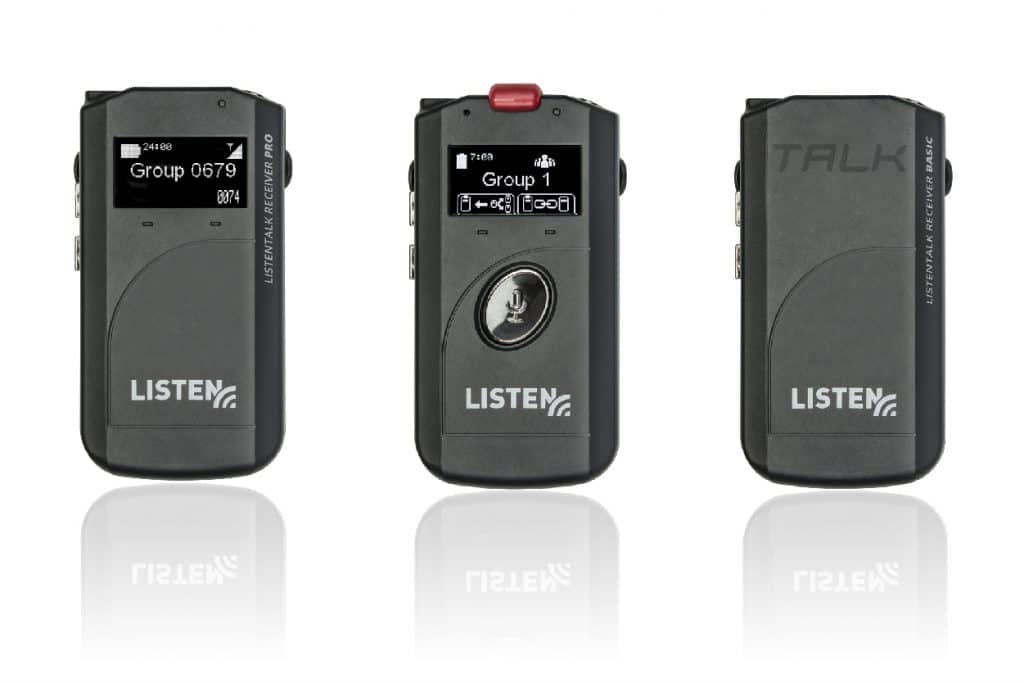- Loading…
Most of us have heard the phrase “good communication is key” countless times, but the reason we’ve heard it over and over again, is because it’s true. When was the last time bad communication got you what you wanted or helped you achieve success? Probably never. Communicating and experiencing hearing loss can be difficult.
One of the biggest components of good communication is understanding. If either participant in a conversation isn’t fully understood, then good communication isn’t happening. Making sure that both participants are being heard clearly is important when hearing loss is a concern.
If you work in an assembly area that is open to the public (such as courtrooms, movie theaters, classrooms, stadiums, museums, or other similar venues), you will probably have occasional interactions with those who have hearing loss.
After all, hearing loss is the third most common health problem in older Americans, with approximately 29 million people in the U.S. needing hearing aids.
Communication and hearing loss is something that you should be prepared for. Even when hearing aids and active listening strategies are used by the person with hearing loss, it is crucial that you do your part to ensure the conversation goes as smoothly as possible.
There are several things you can do to prepare yourself. Here is a basic list to help get you started.
The following websites and organizations have additional resources and information about how to communicate with those who have hearing loss.
Also ask the person with hearing loss if there is anything you can do to communicate more effectively on your end. Some people will have their own preferences, and all people with hearing loss have varying levels that might influence how they are able to communicate with others.
Listen Technologies is here to assist your business in providing the necessary ADA accommodations. Give us a call at (800) 330-0891 to request more information.

We would love to deliver valuable insights right to your inbox once a month.

We would love to answer your questions, provide you with a detailed quote, or send you more information.
14912 Heritage Crest Way
Bluffdale, Utah
84065-4818 USA
Phone: +1.801.233.8992
Toll-Free: 1.800.330.0891
Office Hours
8:00 am – 5:00 pm MT
Monday – Friday
First, select the calculator type, USA (for Americans with Disabilities Act - ADA), California (for California Building Code), or Australia (for Australia's Disability Discrimination Act 1992). Enter the seating capacity and the number of minimum assistive listening devices required and the minimum number of neck loops will automatically populate based on the calculator type selected.